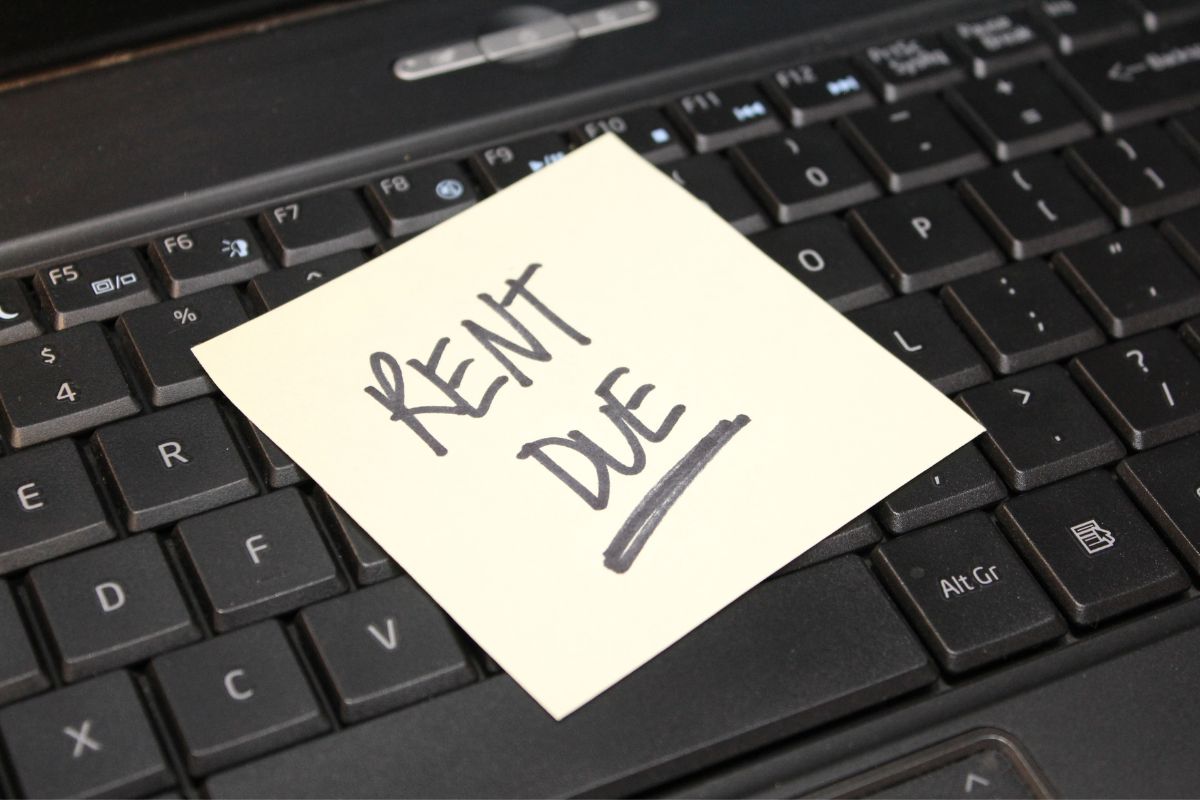Well, if you are scratching your head and thinking about the answers to the above, your knowledge as a landlord is limited. Rent collection is not just a game of sending invoices and receiving payments. It is much more beyond that.
You must be aware of every legal aspect of rent collection to protect yourself and the tenants from any unfair or illegal practices.
Understanding your rights as a landlord is just as crucial as knowing your responsibilities, as it ensures you can enforce lease terms, collect rent lawfully, and protect your property without overstepping tenant protections.
But what are those exactly?
Don’t worry. We have the answer. This article is all you need to go through to know the basic aspects of rent collection that are legal.
Lease Agreements
If you are true and abide by your lease agreements, nobody can do any harm to you. A lease agreement is basically a contract between a landlord and the tenant where specific terms and conditions are mentioned when renting a property. A lease agreement should clearly state the following in a concise and crisp manner.
- The full name of both the parties involved including the permanent address of both tenant and landlord.
- Mode of Payment
- The starting date and duration of the lease.
- The address of the rented property.
- The due date for rent collection and fine thereafter or the grace period per day/ per week, whatever suits you best.
- The terms of the security deposit include deductions and fines in case of property damage.
- Adding the tenant’s and landlord’s responsibilities in the agreement like maintenance, repair, inspections, utilities, etc.
- The grounds of termination with the eviction process in case of non-payments and violation of rules.
- Lastly, the signatures of both parties or any official seal, if any.
Remember that these rules must be compliant with the state and local
laws wherever the property is located.
Pro Tip: Regardless of the signed lease agreement, the landlord must get a copy of the agreement and give another copy to the tenant. This will prevent any future confusion.
Security Deposits
The security deposit is the sum total of money that a landlord collects from the tenant at the beginning of the lease to protect the property from any damages or unpaid rent. While the amount may vary depending on state or local laws, the security fees cannot exceed one or two months' rent for residential properties. In the case of non-residential properties, it cannot be beyond six months’ rent.
Furthermore, the mode of payment may vary but it should be specified in the lease agreement. The landlords can use the rent collection software, cash mode, cheques, etc. but provided that both the involved parties must be convenient with the mode.
Deadlines for paying rent
The standard guideline for the tenants is to pay monthly rent in advance is on the first day of the month. For landlords looking to simplify their financial interactions, using an efficient system for rent invoicing is vital. Modern tools can greatly enhance this process and ensure that nothing falls through the cracks. One way to achieve this is by utilizing tools designed specifically to streamline invoice creation for ease of documentation and tenant communications.
Some landlords may have set different rules, such as paying rent in biweekly intervals or setting the day of payment when the tenant has moved into the unit. If there is weekend or holiday on the due date of rental payment, the tenant can pay it the next business day. Sometimes, when the tenant sets different deadlines for different tenants, it can come under illegal discrimination according to the situation.
Some state laws provide grace periods to the tenants which is a period of few days after the due date of the rent before a landlord might start charging late fees from them. So put your lease agreement in writing as per the state laws to save yourself from further legal issues.
Debt Collection Rights
The federal laws aim to protect both the tenant and the landlord from any unfair practices followed by the debt collectors. The Fair Debt Collection Practices Act (FDCPA) marks the following practices as unfair:
- Firstly, the debt collector cannot abuse or harass the tenants.
- Secondly, they cannot make any false or misleading statements and claims.
- Furthermore, they cannot contact the tenant at any inconvenient time or place even trying to get in touch with them again after the tenant asked them in writing to stop.
- Lastly, contacting the third parties of the tenants without their persimmon or for any other purpose.
In case anything is to be done, it must be done under the lease agreement rules and by complying with the state and local laws.
.jpeg)
Rental Limits
A landlord can charge whatever amount he wants as a rent from his tenant. However, the exception is the area governed by rent control. Rent control rules apply to certain areas and counties of New Jersey, New York, Maryland, California, and Washington, DC.
If the landlord complies with all the notice procedures and lease policies, they are allowed to increase the amount of rent at their discretion. The exception to this rule states that if a landlord increases rent based on the grounds of discrimination against religion or race, legal action can be taken against him.
Eviction Process
The eviction is a legal action that the landlord can initiate in case the tenant violates any of the clauses or statements of the lease agreement. The eviction case generally starts when the landlord sends notice to the tenant and gives them the required time as per the agreement. In case the tenants fail to abide by this, the landlord can start a case trial and send a summon via court.
Additionally, when the court intervenes, it will decide on the case after hearing from both the parties. In case the counterclaims are weak from the tenant's side, and the landlord wins the tenant will have to comply as per the notice or whatever was mentioned in the lease agreement.
But, in any case, if the tenant wins, he/she can ask for the entitlement of damages or attorney’s fees. Hence, it is advisable to consult a lawyer or any other legal aid organization before taking any action.
Fair Housing Laws
Landlords should be aware of the federal, state, and local housing laws so as not to discriminate against tenants on any grounds. It is described as giving equal access to housing opportunities to all the tenants and treating all the tenants fairly.
Familiarize yourself with such laws to take proactive measures and put an end to discrimination in rental practices, such as conducting thorough tenant screening based on objective criteria.
Record Keeping And Documentation
Protect yourself from potential legal disputes by maintaining accurate records and documentation. Keep detailed records of lease agreements, maintenance requests, and rental payments with tenants. Additionally, retain any copies of notices or legal documents related to rent collection, security deposits, or eviction proceedings. Keeping all the documentation by your side helps mitigate the risk of legal liability.
Final Thoughts
Rent Collection is an essential part of the landlord's journey but yes it comes with many legal responsibilities too and of course the risks. The landlords must know their rights and obligations under the law. This will prevent future disputes and lawsuits that the tenants and landlords might face.
Hence, by following the above-given legal aspects, landlords can ensure a smooth relationship with their tenants. You don’t want to entangle yourself in the legal, dilemmas right? So, take the above-mentioned legal aspects into account and make your landlord journey seamless.






Share: